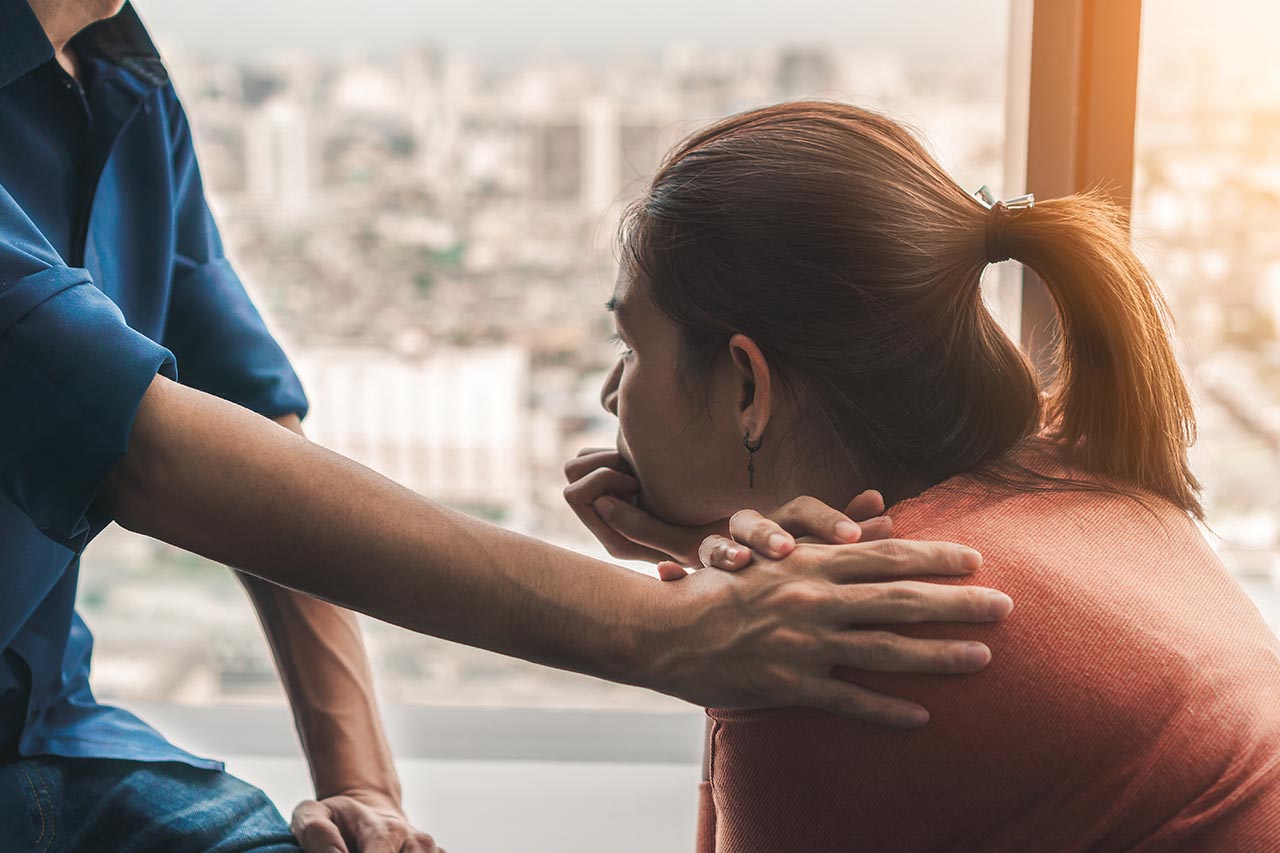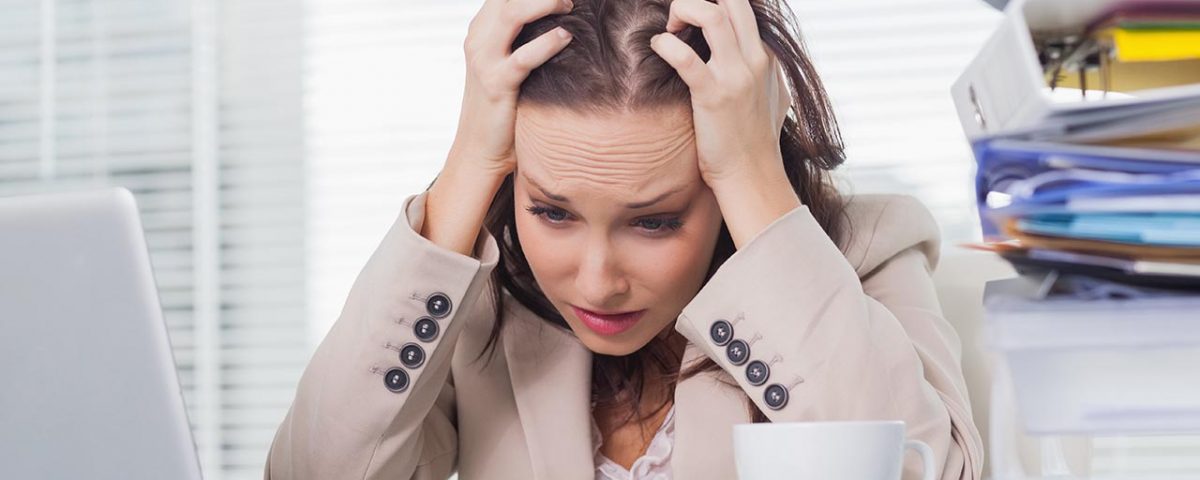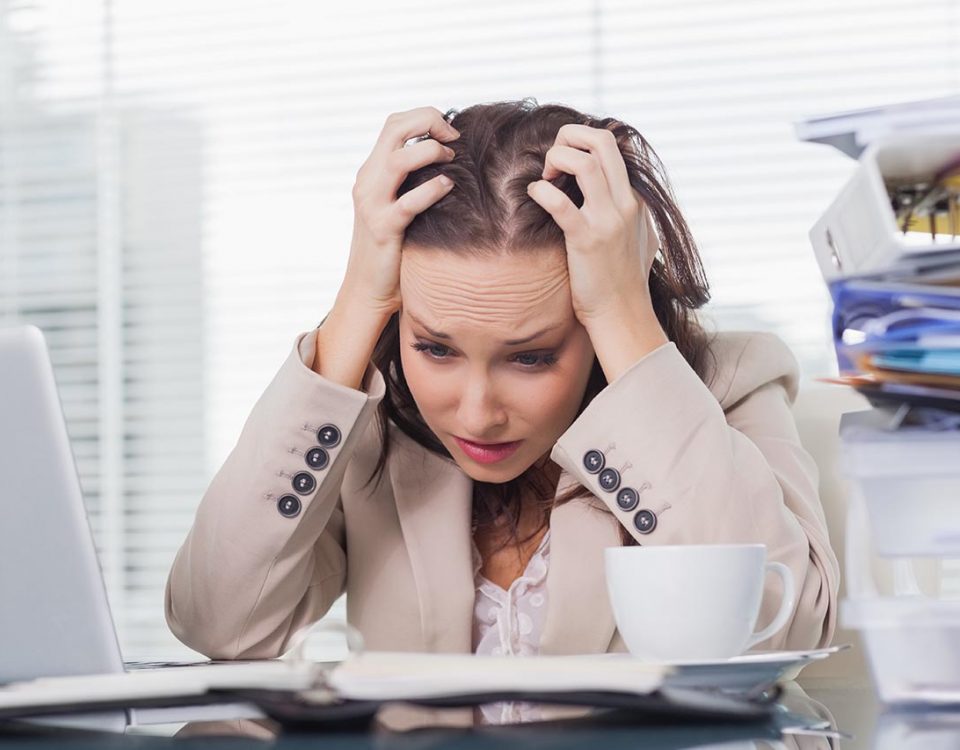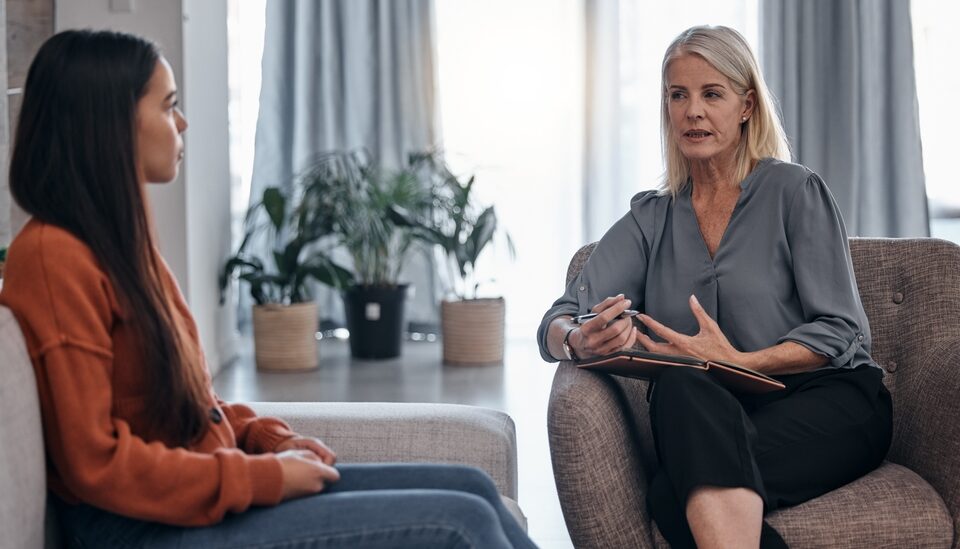
Signs of Self-Harm in Your Loved One
July 21, 2020
Lili Reinhart Opens Up About Her Depression
August 20, 2020Hair Pulling Problems? How to Stop Trichotillomania

How to Stop Trichotillomania
Many people will pull at stray hairs or find themselves absentmindedly picking at strands. This is normal and inconsequential behavior for many people, but for some people, this picking can get out of control and may be a sign of other serious problems.
What is Trichotillomania?
Trichotillomania is a mental health disorder characterized by excessive hair pulling including hair on top of the head as well as eyebrows, eyelashes, and occasionally other parts of the body. It is sometimes also called hair pulling disorder and can range from mild to severe. Although the result of this unnecessary hair pulling can become noticeable, many people with this disorder struggle to stop and control these strong urges. In some cases, people with trichotillomania may also bite their nails or pick their skin excessively.
Anxiety and hair pulling can often be connected, but trichotillomania may also be a response to stress, loneliness, or other negative emotions. Hair pulling becomes a form of relief, so the person will continue this behavior despite negative consequences later. Mental health care can usually help people learn other ways of coping with their emotions. Some people with trichotillomania may also engage in hair pulling without realizing it in the moment.
How to Treat Trichotillomania & Stop Hair Pulling
Unfortunately, this excessive hair pulling can lead to noticeable and even embarrassing changes to a person’s physical appearance. Instead of trying to hide these bald patches, these tips on how to stop trichotillomania could help you quit the hair pulling for good.
Occupy Yourself with Something Else
People with more milder cases of trichotillomania may be able to stop pulling hair by simply replacing this repetitive action with something else. Keep a fidget spinner or stress ball on hand. When you feel the desire to start hair pulling, use one of these gadgets instead.
Recognize Triggers
When you do feel the desire to pull at your hair, take a moment to think about what brought on this urge. When you can recognize these triggers more easily, you can prepare for them and eventually change how you react to them.
Meditation
Especially if hair pulling is brought on by stress or anxiety, taking a moment to collect yourself and regain control of your racing thoughts may be able to decrease your urge to hair pull. Meditation is often an effective reliever of stress and anxiety so it can help people cope with the triggers that bring these urges on. Eventually, meditation may become your new form of coping and replace hair pulling altogether.
Pull Back or Cover Hair
If you are struggling to stop pulling your hair, make your hair less accessible. A hat or tight braid makes it harder to get at the hair at your head, and this one added obstacle can give you enough pause to stop yourself before you start. Eyebrows and eyelashes may be harder to cover, but some hats or glasses can help.
Get Professional Help
Especially because people with trichotillomania often have co-occurring anxiety or other mental health disorders, these at-home tricks to stop hair pulling anxiety may not be sufficient. Trichotillomania treatment itself may require a combination or psychotherapies and medication. There may also be deep-seated problems at play that only a professional can address or other problems present as well as substance abuse. Our dual diagnosis treatment in Florida can help people address all of these issues together for lasting relief.
If you’ve tried, but still do not know how to stop trichotillomania on your own, we are here. At Banyan Mental Health, we help people with various mental health problems find relief from their symptoms and improve their lives.





